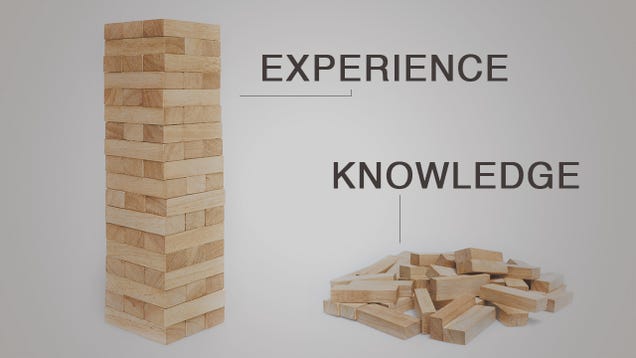Is it possible that the scientific and mathematical knowledge that so many of us pursue is actually detrimental to our ability to solve problems at the table? Do we have too much "crystalized intelligence" vs. "fluid intelligence"? Can that be what is actually holding some of us back from reaching our true potential?
https://www.psychologytoday.com/blo...ystallized-thinking-lowers-fluid-intelligence
I'm really interested in the thoughts of some of the better players here about how accumulating large amounts of knowledge affects their game, either for the better or for the worse. How about the best in the world? Is it possible that the lack of in-depth knowledge of the science behind the game actually helped them to achieve their level of play by letting their fluid intelligence develop unencumbered by scientific fact?
https://www.psychologytoday.com/blo...ystallized-thinking-lowers-fluid-intelligence
I'm really interested in the thoughts of some of the better players here about how accumulating large amounts of knowledge affects their game, either for the better or for the worse. How about the best in the world? Is it possible that the lack of in-depth knowledge of the science behind the game actually helped them to achieve their level of play by letting their fluid intelligence develop unencumbered by scientific fact?
